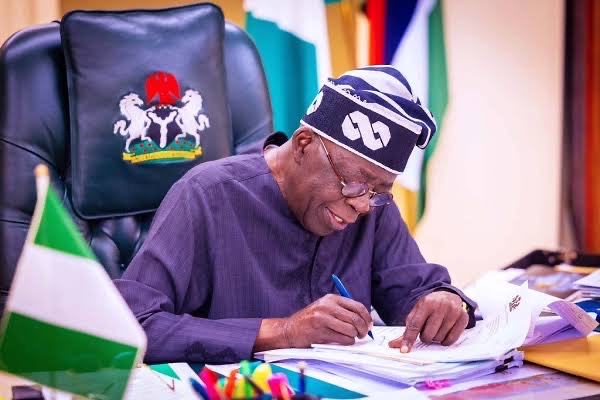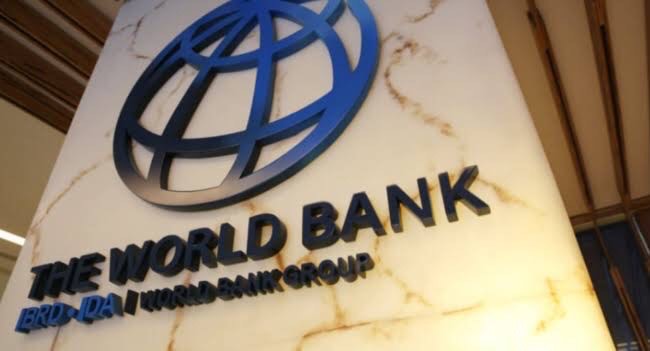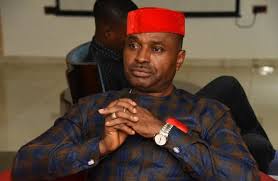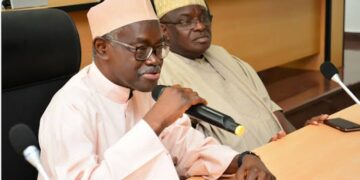By: Amadi Vincent Uzoma
The Federal Government has received a $500 million loan from the World Bank to enhance electricity distribution in the country, the Bureau of Public Enterprises (BPE) said.
The Bureau of Public Enterprises (BPE) announced the World Bank loan on Thursday in a statement signed by Amina Othman, the institution’s director of public communications.
In February 2021, the World Bank approved $500 million to help Nigeria improve the performance of its electricity distribution companies (DisCos). The loan was approved by the Senate on May 15 after President Bola Tinubu requested funding for the federal government’s mass counting program.
Providing an update, BPE said the loan, under the bank’s Retail Industry Recovery Program (DISREP), was secured to alleviate the challenges faced by DisCos in the country. “In a strategic move to address identified gaps in electricity distribution companies, the Federal Government of Nigeria has secured a $500 million loan from the World Bank,” BPE said. “Approved by the World Bank Board of Directors on February 4, 2021, this financing supports Nigeria’s retail sector recovery program to improve the financial and technical performance of DisCos. “DISREP aims to improve the financial and technical performance of DiscCos through capital investment and financing of performance improvement plans approved by the Nigerian Electricity Regulatory Commission (NERC).
The Bureau said key areas for improvement include bulk meter purchasing and customer and meter data management systems, retail, meter aggregation platform data implementation (DAP), as well as strengthening governance and transparency within DisCos.

The Bureau states that DISREP has two primary elements.
The first part, indicating BPE, is the outcomes program with an allocation of $345 million and $155 million for investment project financing (IPF). “$345 million has been allocated to support implementation of selected components of the PIP; implemented by the Bureau of Public Enterprises (BPE) and USD 155 million allocated for Investment Project Financing (IPF) to fund the purchase of meters, data aggregation platforms and technical support,” the statement said.

“The DISREP loan, especially the Investment Project Financing (IPF) component, is expected to significantly benefit the Nigerian Electricity Supply Industry (NESI) by bridging the metering gap count; reducing overall technical, tolling and commercial (ATC&C) losses; Improved transfers and liquidity for DiscOS; Improve power supply reliability and increase transparency and accountability in DiscOS.
BPE said the World Bank’s $500 million DISREP loan also provides concessional financing with more favorable terms than commercial bank loans.”This will enable DisCos to invest in critical distribution infrastructure; improve ATC&C losses; increase power supply reliability; Achieve financial sustainability in the power sector and improve transparency and accountability, BPE said.

The Bureau said it received approval from the Federal Executive Council (FEC) on August 3, 2022.
According to the statement, the loan financing agreement between the Ministry of Finance, Budget and National Planning and the World Bank; as well as the adoption of the Program Operations Manual (POM) by BPE and the Transmission Company of Nigeria (TCN).
BPE said it has also taken the legal opinion of the federation’s attorney general and signed the sub-loan agreement. Declaration of entry into force of the DISREP program, specifying the authority, issued on January 31, 2023, stating that the DISREP technical committee was established on May 6, 2024.
BPE added that the loan registration in the federal budget The government’s debt plan was “approved by the Senate committee on May 16, 2024”.The Bureau said it has also received approval from NERC and the National Council of Privatization (NCP) for a structured debt repayment hierarchy. “This structure prioritizes payments as follows: Statutory payments (taxes); CBN Market Loan Repayment; Bond market; repay DISREP debt; Net Revenue of DisCos,” the office said.
The structured repayment plan, BPE said, aims to minimize risks associated with repayment uncertainty and payment defaults, with regulatory sanctions in place for any default.


































